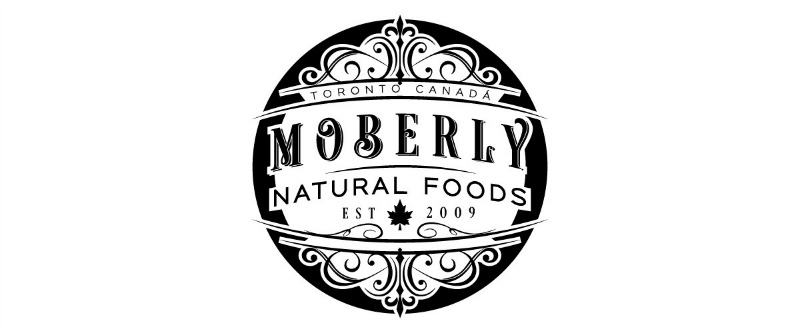Zinc is a fantastic nutrient, useful both inside our bodies and out. In summer, many of us use zinc topically, in our fantastic natural sunscreens. Unfortunately, putting it on our skin doesn’t translate to healthy zinc levels underneath the skin. Do you know if you’ve got enough in your life?
Zinc: What Is It?
Coming in at atomic number 30 on the periodic table, zinc is a mineral found in many foods. It is important for immunity, wound healing, and many other functions in the body. It’s an antioxidant and has anti-inflammatory properties. Are you getting enough? Here are some signs you may not be.

You’re always sick
If you’re that person with kleenex in every pocket, who never seems to get over that cold, and just never feels well, you may not be getting enough zinc. It also may play a role in certain chronic illnesses, as it is an important component of immune health.
You’re slow to heal
If your bumps and scrapes don’t heal as quickly as they should, your zinc levels may be low. It helps to maintain the integrity of skin and mucosal membranes, and can even help heal ulcers.
You have acne
Studies show that zinc may be as effective as tetracyclines in treating acne. This is especially important for teenage boys. Males, in particular, lose a lot of zinc during their pubescent years.

Food tastes “off”
If you’re losing your sense of taste, or foods just don’t taste the same as they once did, you may be low in zinc. Low levels can result in low appetite, too, so watch for changes in weight.
You’re losing more hair than usual
Hair loss can be attributed to many factors, so don’t rush to assume zinc. But, if you’re noticing this in conjunction with other items on this list, it’s something to look into.
You have high stress levels
Zinc levels can be depleted by high stress. Low levels of zinc are often found in those with depression, anxiety, eating disorders, etc., possibly due to a link between zinc and serotonin uptake in the brain.

You’ve been on certain types of birth control
Both the birth control pill and the copper IUD can raise copper levels. Copper and zinc work in balance with one another, so if you’re high in one, chances are you’re low in the other. Extended use of these forms of birth control can heavily deplete your zinc.
So What Can You Do About It?
Because zinc exists in such a delicate balance in your body, it isn’t advisable to turn to supplements unless you’ve had your levels tested. Luckily, there are many foods high in zinc that you can add into your diet:
- beef (37% of your Recommended Daily Intake)
- lamb (35% RDI)
- sesame seeds/tahini (25% RDI)
- pumpkin seeds (23% RDI)
- lentils (23% RDI)
- chickpeas (23% RDI)
- cashews (21% RDI)
- turkey (18% RDI)
- quinoa (18% RDI)
- shrimp (17% RDI)

So grab some hummus, snack on some pumpkin seeds, and throw some shrimp on the barbie, and you should be back to optimum levels in no time! If the problem persists even once you’ve added in these foods, talk to your healthcare practitioner about getting to the root cause of your problem. Let’s get you in tip-top immune health before summer ends!
About The Author:
Kelly Boaz, CNP
Kelly is a holistic nutritionist, specializing in eating disorder recovery and food freedom. She is also a public speaker (TEDx King St. West, TDSB) and a writer. Learn more about Kelly, and about booking private consultations at kellyboaz.com Twitter: @kelly_boaz Facebook: /KellyBoazDotCom

